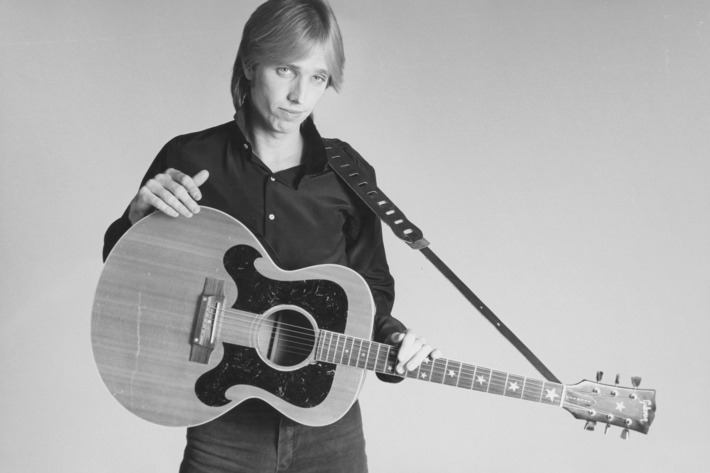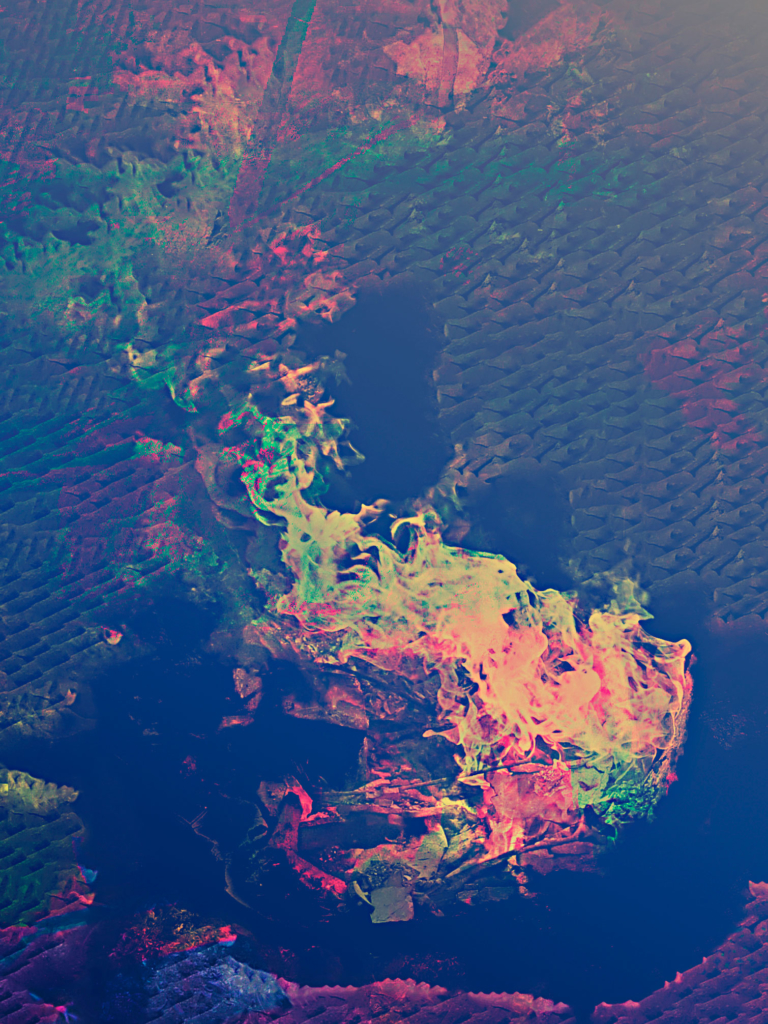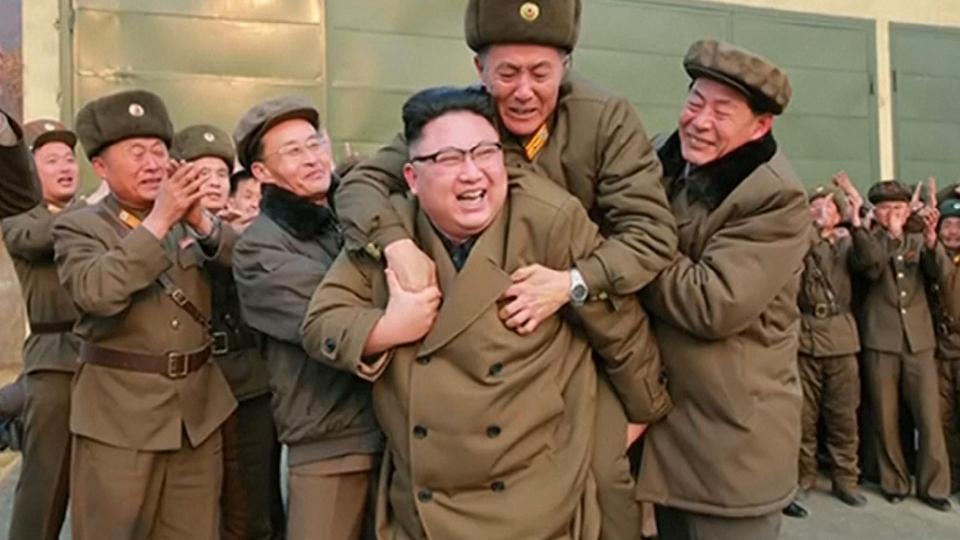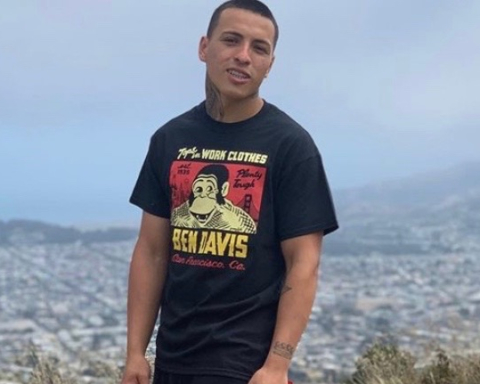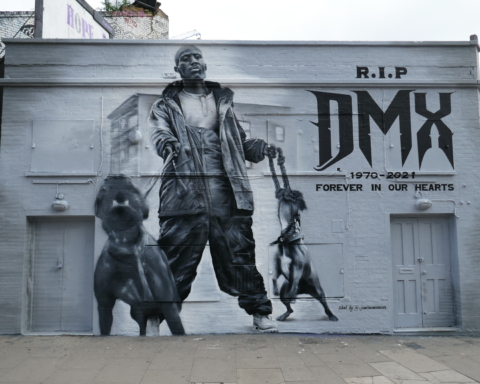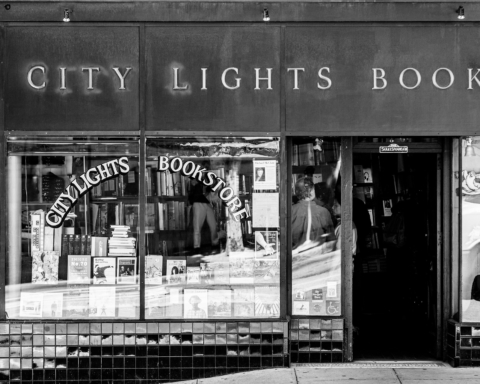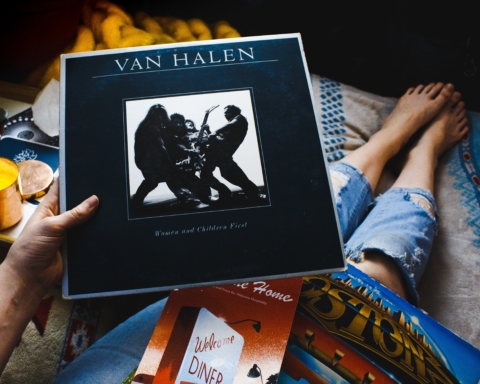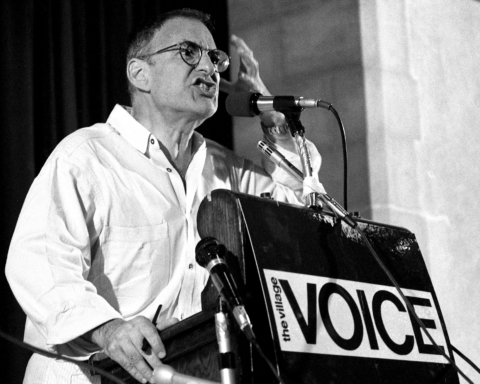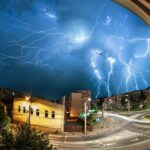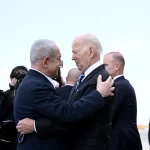I.
Papa blasted Tom Petty in his truck
in his car, in his office. He had a cassette
of all the albums, in each location of his life.
Dairy farmer by day, Full Moon Fever
accompanied him around the property,
one arm hanging outside the window
of his muted-red, Ford pickup; dirt
and manure caked up nearly as high
as to where his hand dangled.
II.
Father by evening, Wildflowers stayed
in the car: a black 1989 E Class Mercedes.
His goal car: his once white whale.
He’d drive with his knees so he could tap
the steering wheel along with the beat,
play air guitar and occasionally grasp
my hand for a brief moment, giving it
a slight squeeze and inquire if the music
was too loud for me. It never was.
III.
The office was a place my dad never belonged.
Numbers were no match for him – still, he longed to be outside,
boot-deep in the dirt, aiding cows giving birth, feeding the calves,
checking on the milking parlors. Into the Great Wide Open taunted him
as he trudged through payroll. Those were the days I saw him most,
when his time wasn’t governed by a harvest or a planting.
He’d give himself what I called “office hair” from running
his fingers through his thick, black, wavy locks, making it stick up
like a mad scientist’s in my cartoons. His left leg twitching
with anticipation of getting out of that prison of his, he’d smile
when I creaked open the door, my favorite stuffed animal Horatio
the Hedgehog under my arm. Without looking up he’d ask
Whatcha thinkin’? clicking at the keyboard, Tom Petty crooning
as he did, as he always does, about she who grew up hard and fast
in the age of television. I’d shrug, shy around my father,
unsure of the man who disappeared with the seasons, quietly
coming and going from the house for weeks on end before
he reappeared in the back row of my piano recital, hair freshly wet
from a rapid shower between farming and fatherhood.
IV.
Some days, he’d take me to where the hay was stored
to help him feed our horses. I’d climb the fortress
of bails and flip one over on its end,
then back over again and again, until I got it to the edge
and could push it down to him. Then once more;
my thin arms tingling with exercise, cheeks red
in the heavy air: infused with decades of stored
grains and grasses. Once I’d gotten Papa the bails,
he’d loop his pinky and thumb under the ropes
on each, carrying one with his left hand and one with his right,
like clouds after rain, to the truck. As a treat, he’d let me
ride in the back, low as I could get, afraid I’d just plumb bounce out.
I’d cling to Horatio and listen to Papa sing along
to the lyrics I’d memorized too.
READ MORE
Tom Petty, a mainstay of rock with the Heartbreakers, dies at 66 [The New York Times]
Don’t Get Too Attached [Poets Reading the News]
Thea Engst is a poet, bartender, and farm girl stranded in a city.

